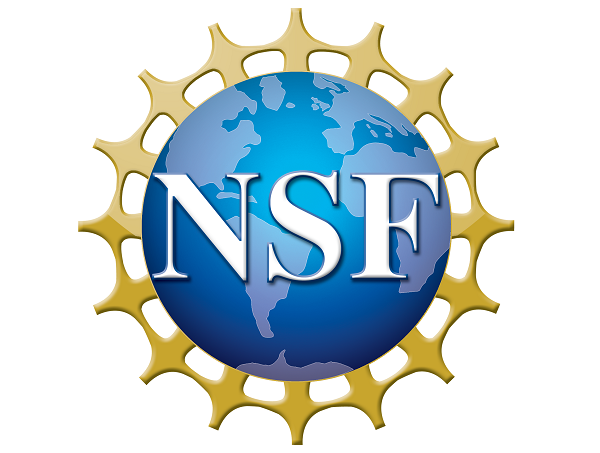
The National Science Foundation announced this month the funding of the Partnership to Advance Throughput Computing (PATh), a $22.5 million initiative, driven by the growing need for throughput computing across the entire spectrum of research institutions and disciplines. The Holland Computing Center at the University of Nebraska is partnering with the University of Wisconsin – Madison on PATh. The partnership will advance computing technologies and extend adoption of these technologies by researchers and educators.
The partnership will focus on distributed high throughput computing (dHTC) technologies and methodology. These tools leverage automation and build on distributed computing principles to enable researchers with large ensembles of computational tasks to effectively harness the computing capacity of thousands of computers assembled in a network. Such ensembles that might require decades to complete with conventional computing will provide results within days or hours, by distributing the tasks across this massive network.
Miron Livny, UW-Madison computer science professor and Morgridge Institute for Research chief technology officer, will lead the PATh project, which brings together the UW-Madison Center for High Throughput Computing (CHTC) and the national Open Science Grid consortium. Researchers and staff from the University of Southern California, Indiana University, the University of Chicago, the University of Nebraska, University of California-San Diego and the University of Wisconsin-Madison will join forces in this project. The PATh award will fund more than 40 individuals across participating institutions, most of whom have been working together for years and in some cases for decades.
Research Assistant Professor Dr. Derek Weitzel is leading the Holland Computing Center’s contribution to PATh. PATh continues Nebraska’s contributions to throughput computing which started in 2005 with the Open Science Grid. The OSG brings the power of high throughput computing to national and international research institutions and science projects. Two of these projects have received Nobel Prizes in physics: The discovery of the Higgs boson particle (2013) and the detection of gravitational waves (2017).
Additional information is available at: https://path-cc.io/news/2020-10-20-path-awarded